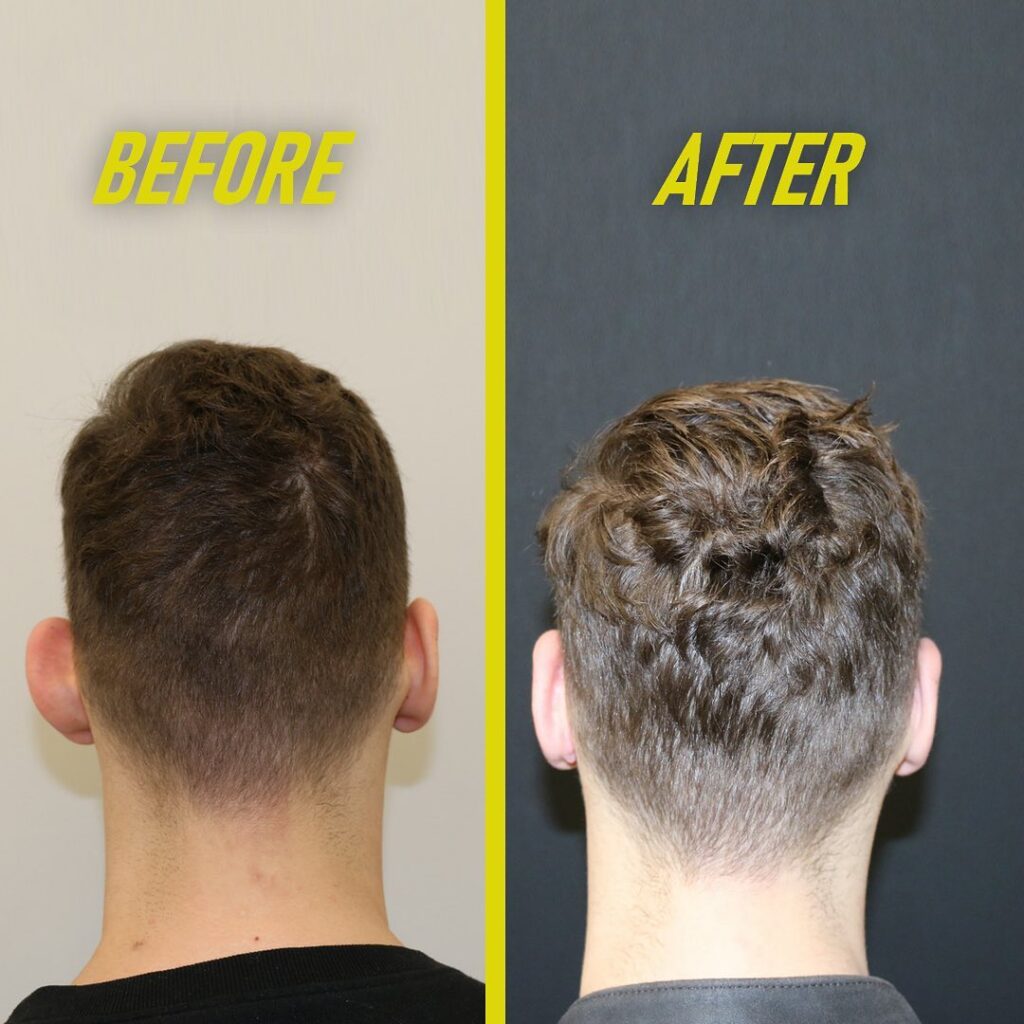How Much is Otoplasty for One Ear
What is otoplasty for one ear?
Otoplasty one ear for one ear means correcting a deformity in just one ear. This issue might be present at birth or due to a physical accident later in life. The solution is a brief surgery. In Turkey, Dr. Ali Mezdeği typically completes this procedure in about an hour.
Cost of otoplasty for one ear:
Otoplasty for one ear cost is 2500 euros. The cost can vary depending on the severity of the ear’s deformity. Sometimes, a higher fee might be needed. However, the prices include accommodation and transportation. Do note, this article was written in 2024, so “Esteport Clinic” reserves the right to change prices in the future.

For more before and after photos of “Otoplasty for One Ear,”
Can you get an otoplasty on one ear?
Yes, you can get an otoplasty (ear surgery) on just one ear. Otoplasty is a type of cosmetic surgery that is used to change the shape, size, or position of the ears. It’s quite common for the procedure to be performed on just one ear, especially if there is an asymmetry where one ear protrudes more than the other or is shaped differently. The goal of otoplasty in such cases is to create a more balanced and symmetrical appearance between the two ears. As with any surgical procedure, it’s important to consult with a qualified plastic surgeon to discuss your specific needs and expectations.
Can you get one ear correction surgery?
Yes, you can get otoplasty on just one ear. If one ear looks different, a short surgery can fix it. It’s common and safe to do.
What is the difference between ear pinning and otoplasty?
Ear pinning and otoplasty are both for the ears. Ear pinning sticks ears closer to the head. Otoplasty reshapes the ear. Both help improve ear look. Always talk to a doctor about what’s best for you.
Another Surgery to Correct Asymmetry
When fixing one ear, it should match the other for symmetry. The other ear’s shape should guide it. Otherwise, there will be an imbalance. An experienced surgeon must fix this. They should operate with care, considering any changes. When done, both ears should align.
If perfect symmetry isn’t possible, surgery on the other ear becomes necessary. Even if you’re happy with your other ear, it may need surgery for balance. Dr. Ali Mezdeği won’t do a job he’s not proud of. He wants both ears to look the same after surgery.
Why does one ear protrude?
It happens for two main reasons. 1. It can be due to genetic causes from birth. 2. It can occur later from physical trauma. In both cases, the treatment is the same. Many babies have a single ear deformity, but it often goes away on its own. If it doesn’t correct itself by age 7, surgery is an option. Of course, with the parents’ consent.
How is single ear otoplasty surgery performed?
Otoplasty for one ear is done under local anesthesia. The surgery takes about an hour on average. It’s performed in a clinical setting. During this, you won’t feel any pain. You can chat with Dr. Ali Mezdeği or listen to music during the procedure.
Together, you and the doctor can decide on the ear shape, much like deciding on a haircut. If you’re not satisfied, it can be adjusted on the spot to fit your preference.
Two days after the surgery, we’ll call you in for a check-up. Any stitches will be removed. After that, you’ll use the medications we’ve given you. These meds help speed up healing and prevent pain. For three days, you’ll wear a hairband. Then, only at nights, you’ll wear it for another two weeks. How Much is Otoplasty for One Ear
Full recovery takes about a month. During this time, you should protect your ear from any physical impact. If you’re considering one ear otoplasty in Turkey, a stay of just 5 days will suffice. After that, you can return to your country.
Is otoplasty permanent?
Otoplasty surgery has a 99% success rate. This rate is applicable for Op. Dr. Ali Mezdeği. Although very rare, the ear might relapse. In such a case, a corrective procedure is done. The relapse usually happens if the patient can’t protect their ears properly. Sometimes genetic reasons or other health issues can cause the ear to revert.
Last Update : 26.11.2024



